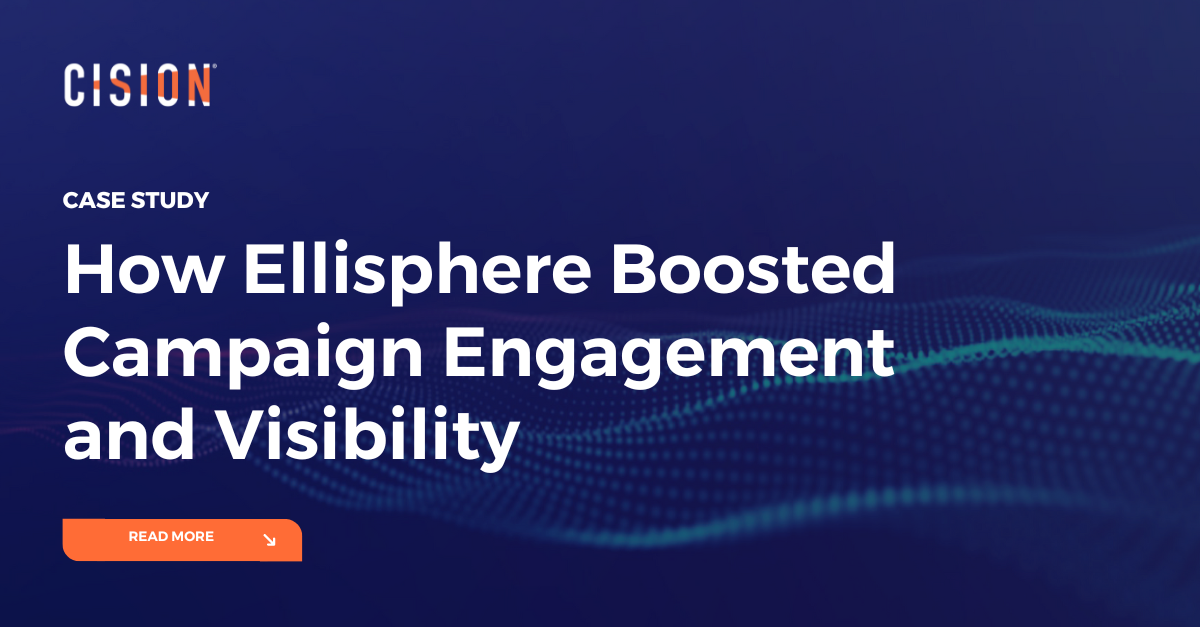
Charlie Bagley, digital director at Clarion Communications, presents his vision for the future of influencer marketing.
The future of influencer marketing is a shift to influencer relations, and brands with socially-driven purpose will win in the long run.
In today’s climate, with fake news (in many guises) at the centre of public consciousness, authenticity and trust must be foundational in all influencer marketing, and brand building in general.
Yet trust in influencer marketing is in the gutter. The Fyre Festival furore showed how easily empty recommendations can be transacted for huge financial gain; not news, but another public stain on the industry nonetheless.
Brands now understand the ‘one night stand’ approach with influencers is no longer credible. Change is afoot. Now retired Unilever CMO Keith Weed pledged that the company would take ‘urgent action’ to end such transactional short-term relationships with influencers. Countless other brands – from Microsoft to Aston Martin – have made similar proclamations.
From reach to relationships
The shift in effect is one from reach to relationships. The old media buying mentality – essentially buying eyeballs – is being shelved in favour of engagement-driven benchmarks. Brands are finally laying down foundations to treat influencer marketing as a social discipline in every sense; prizing relationships and judging success on conversations, not exposure.
With conversations the focus, it’s brands with socially-driven purpose – something inherently conversational that goes beyond the core product or service offer – who will thrive.
Take Glossier for example; founded by a beauty blogger, the skincare and beauty brand has disrupted the category since its conception in 2014. Product and brand decisions are crowdsourced by a community Glossier has lasting relationships with. This deep audience understanding enables Glossier to deliver on its core purpose – being the beauty brand making people feel better, not worse.
Everyone is treated as an influencer, from everyday consumers to celebrities and staff. The fiercely loyal band of advocates fuel the machine in return; Glossier already has two million Instagram followers – not bad for a brand born in the year of the Ice Bucket Challenge.
Shoe brand Toms is another company effortlessly integrating long term influencer engagement into its social purpose. Also born in the social age, Toms grew on a ‘one for one’ promise, where pairs of shoes were donated for every one sold.
Doing social good has led to the formation of Toms Tribe; a long term programme engaging micro influencers around relevant causes, including fighting poverty and gun control. Influencers are unpaid yet their impact is huge; the highlight of the calendar, #OneDayWithoutShoes, has driven $60m in donations worldwide, plus significant social conversation and global PR for Tom’s (over 250 placements in 2018 alone).
Glossier and Toms demonstrate the power of authentic relationships and how to build them – namely with a long-term approach glued by socially-driven purpose; whether product or brand-led. Brands able to seamlessly stitch influencers into the fabric of their business can take over the world.
What is the future of influencer marketing? It’s a shift to influencer relations – where long-term relationships replenish authenticity and trust, and a brand’s potential is only as high as the conversational power of its purpose.
To discover more about the future of influencer marketing, download Cision’s white paper – Is influencer marketing a busted flush? – by filling in the form below:
About Alister Houghton
Alister writes about the PR and comms industry as content marketing manager at Cision. Send press releases, interview pitches, Inside the Campaign/PR case study examples and thought leadership pieces to alister.houghton@cision.com.
Learn More. Do More. demo new
PR Tips, Case Studies, and Product Updates

[On-Demand Webinar] The Next Generation of Media Intelligence: From Gorkana to CisionOne
Explore CisionOne, a revolutionary media intelligence platform, and the evolution of Gorkana. Learn key features and strategies from Luke Williams, CisionOne Product Marketing Manager. Elevate your media outreach to new heights!


